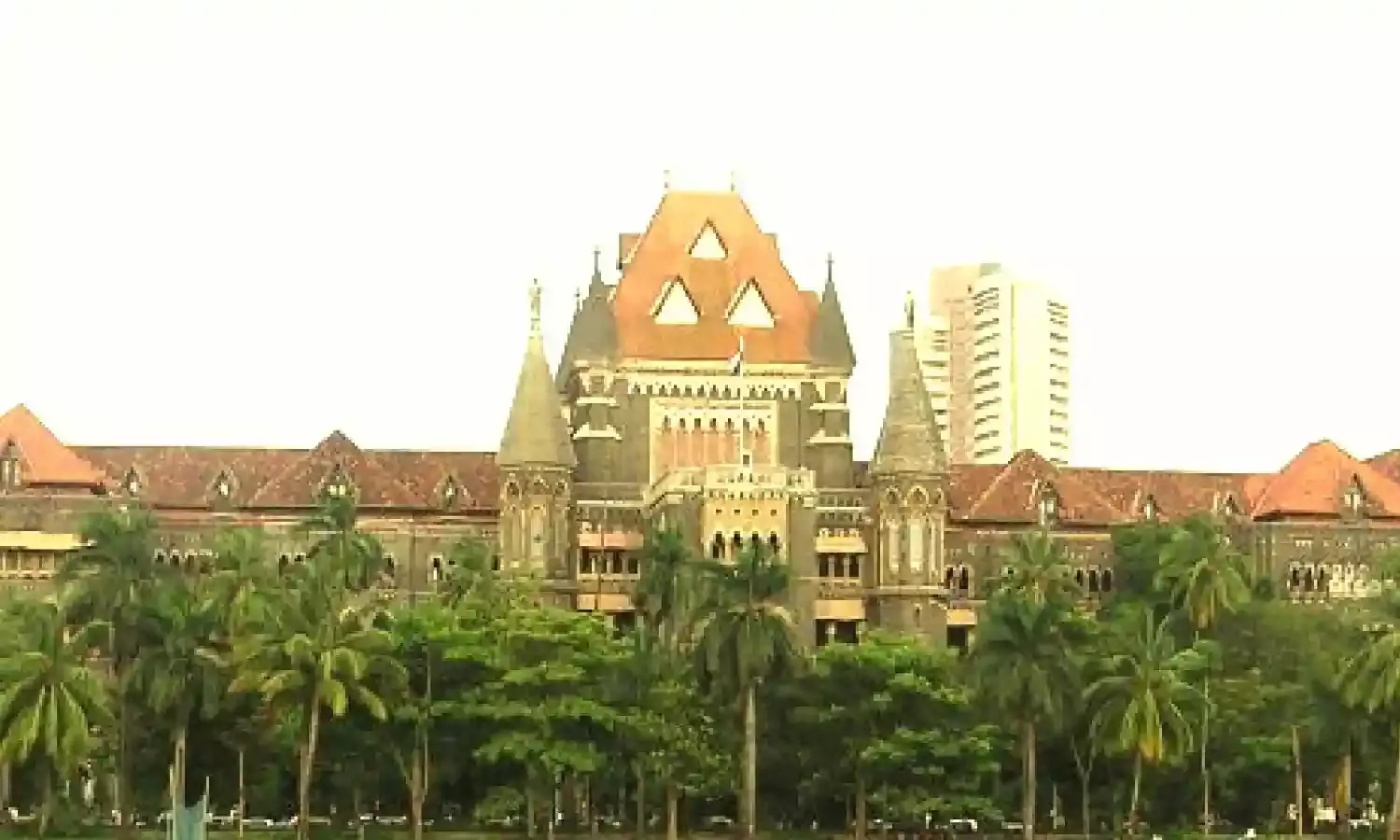Bombay HC Allows Release Of "Hamare Baarah" After Makers Volunteer To Delete Controversial Dialogues
The Bombay High Court allowed the release of the movie "Hamare Baarah" after the makers of the film volunteered to delete controversial dialogues.
The Court modified its earlier order that had restrained the release of the film on any public forum or platform, including YouTube.
The Bench was “at pains” with the committee formed by the Central Board of Film Certification (CBFC) requesting for an extension to submit its comments, which “frustrated” the intended purpose of providing an uninfluenced opinion on the film. This committee was expected to evaluate the film under Rule 23 sub-clause 11 of the Cinematography (Certification) Rules, 2024. Instead, it sought for an extension for an in-depth analysis, thereby delaying the process.
A Division Bench of Justice Kamal Khata and Justice Rajesh S Patil observed, “We find equities are clearly in favour of the Respondent Nos 1 to 6. We are conscious of the fact that the Petitioner is an individual who has come to Court by this Writ Petition. We have not examined the question of his locus as stated in our order of 5th June 2024. As an interim measure we also directed a committee to view the movie and give their comments. Unforgivably, they have failed to comment. With a view to dilute the controversy the Respondents Nos 1 to 6 have volunteered to delete the dialogues”
Advocate Mayur Khandeparkar represented the petitioners, while Sr. Advocate Rahul Narichania appeared for the respondents.
In a bid to avoid substantial losses due to the delay in the film's scheduled release, the film-makers agreed to delete specific dialogues deemed offensive. These included lines that were perceived as a misrepresentation of the Quran, such as the statements regarding "KUFR" and the role of Muslim women. The Court acknowledged this voluntary deletion, noting it was done without prejudice to the maker’s rights and contentions.
A writ petition was filed by Azhar Basha Tamboli Ltd. under Article 226 of the Constitution in order to revoke the certification granted by the Central Board of Film Certification (CBFC) and prevent the film's release.
The petitioners argued that the film was in “complete contravention” of the provisions of the Cinematograph Act, 1952 and violated constitutional provisions under Articles 19(2) and 25 of the Constitution. They claimed that the film, particularly its trailer available on YouTube, portrayed married Muslim women as lacking individual rights, a portrayal based on a misreading of the Quranic verse "Aayat 223." This, they argued, was derogatory to the Islamic faith and the dignity of married Muslim women in India.
Consequently, the court ordered the following:
- The deletion of the specified dialogues.
- The exhibition of the film with the new version
- An application for fresh certification to be made to the CBFC, with the certification process to be expedited.
Accordingly, the High Court listed the matter for hearing on June 13, 2024.
Cause Title: Azhar Basha Tamboli Ltd. & Ors. v. Ravi S Gupta & Ors.
Appearance:
Petitioners: Advocates Mayur Khandeparkar, Aneesa Cheema and Rekha Musale
Respondents: AGP Kavita N Solunke; Senior Advocate Rahul Narichania; Advocates Siddharth Thacker, Sunilkumar V Neelambaran, Advait Sethna and P Roychoudhary




